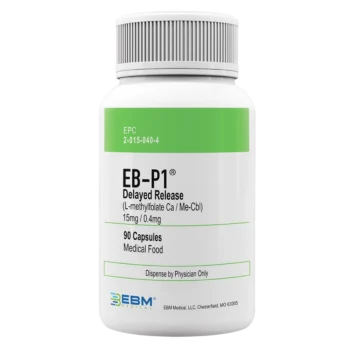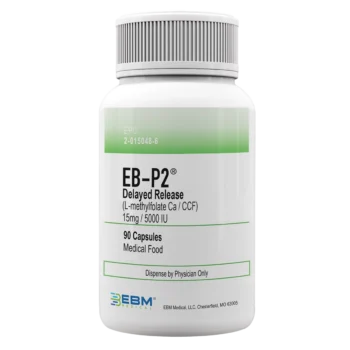Depression & Mood Disorders
Mood disorders can significantly impact a person’s thoughts, emotions, daily activities, and interactions with others. These medical conditions often make it challenging to handle everyday life. If you are experiencing mood disorders, your healthcare provider may recommend treatment plans, including prescription medicines, to help you find relief.
The underlying causes of several mood disorders have been linked to genetics and deficiencies in folate and vitamin B12. Low levels of these vitamins are associated with a higher prevalence or longer duration of depression. Additionally, people with depression often have elevated homocysteine levels, a known risk factor for mood disorders.
The Critical Role of L-Methylfolate and Methyl B12 in Mood Disorders
Folate and vitamin Methyl B12 provide the necessary building blocks to produce more neurotransmitters associated with mood. Low levels of folate and vitamin B12 increase the risk of mood disorders and may result in a partial response to antidepressants. EB-P1DR and EB-P2DR contains ingredients to address metabolic deficiencies and help produce more mood-related neurotransmitters.


